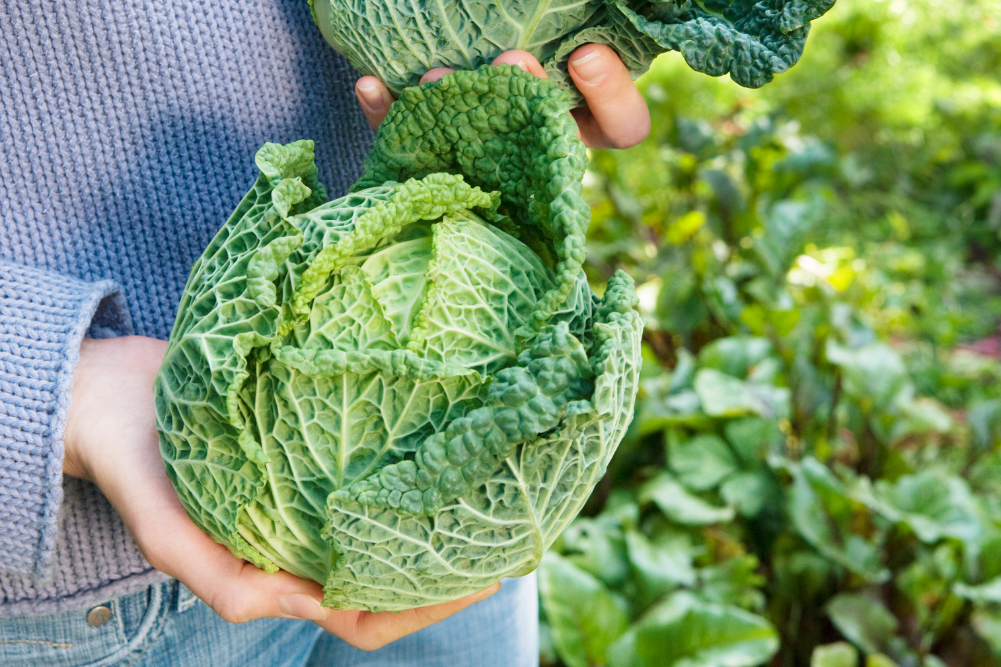Alternative medicine for Winter
Why use alternative medicine?
With winter comes colds, flu and congestion that can infect the whole family. Antibiotics are not always the best way to stop your symptoms or ensure a speedy recovery. However, alternative medicine and natural therapies such as aromatherapy, herbal remedies and even yoga offer natural, gentle and effective ways to fight winter coughs and colds. Alternative medicine can be used for the whole family.
How alternative medicine can help
These alternative medicines are also forms of holistic medicine in the sense that they seek to treat not only the symptoms but the root causes as well. Many forms of alternative medicine strengthen the immune system so it works more efficiently, while safely reducing the uncomfortable symptoms associated with colds and flu. Here’s how you can use alternative medicine and natural therapies to beat the bug naturally and recuperate during winter.
Which alternative medicine?
Alternative medicine option 1: Aromatherapy
A steam inhalation with aromatherapy essential oils is an effective alternative medicine to alleviate the symptoms of colds and flu. Adding a few drops of eucalyptus oil to hot water and inhaling the vapours is a direct and rapid means to treat colds, ease congestion and inhibit the proliferation of viral infection. A blend of essential oils including peppermint, tea tree, eucalyptus, lemon and pine can also be used as a chest and back rub on children to help prevent infection. This form of alternative medicine has been popular for decades.
Alternative medicine option 2: Herbal Medicine
Herbal remedies are another great alternative medicine to stave off winter colds and combat a dry, sore throat or stuffy nose. There is a range of herbal remedies that create different beneficial effects. Herbal medicines that help dry and reduce mucus production in the nose and sinuses include ground ivy, golden seal and eyebright. These can be used in conjunction with immune herbs such as echinacea and andrographis. Vitamin C and zinc are also effective for building up the immune system to fight off colds during the colder months. As a herbal remedy, licorice root also supports the immune system and is excellent for soothing irritation in the throat and bronchial area. To deal with the after-effects of colds or flu, St John’s wort has a calming effect on the nervous system, which is often stressed after infection. Alternative medicine such as this is easy to find in most chemists.
Alternative medicine option 3: Yoga
Yoga is another natural therapy that can be beneficial for a cold. However, it is essential to keep your practice gentle and relaxing. Certain yoga asanas work to enhance the healing process as well as open up the areas that often become congested when one has a cold. Uttanasana (standing forward–bending pose) brings energy to the head and respiratory area and helps clear the sinuses. Kandharasana (shoulder pose) and paschimottanasana (back-stretching pose or seated-forward bend) are also beneficial. This form of alternative medicine can be practised at home.
When it comes to colds and flu, prevention is key. As soon as you see the signs of a cold, stem the spread of infection by washing your hands regularly and avoiding sharing food, plates or cutlery with anyone who may be affected. If a cold or flu does strike, remember that regardless of whether you choose conventional or alternative medicine, rest and relaxation is needed to ensure a speedy recovery.






